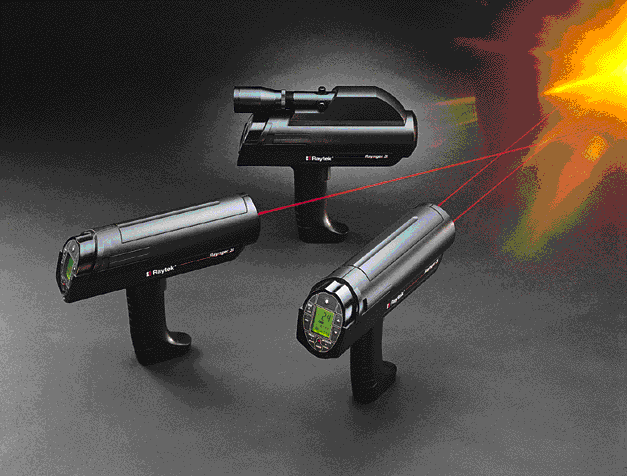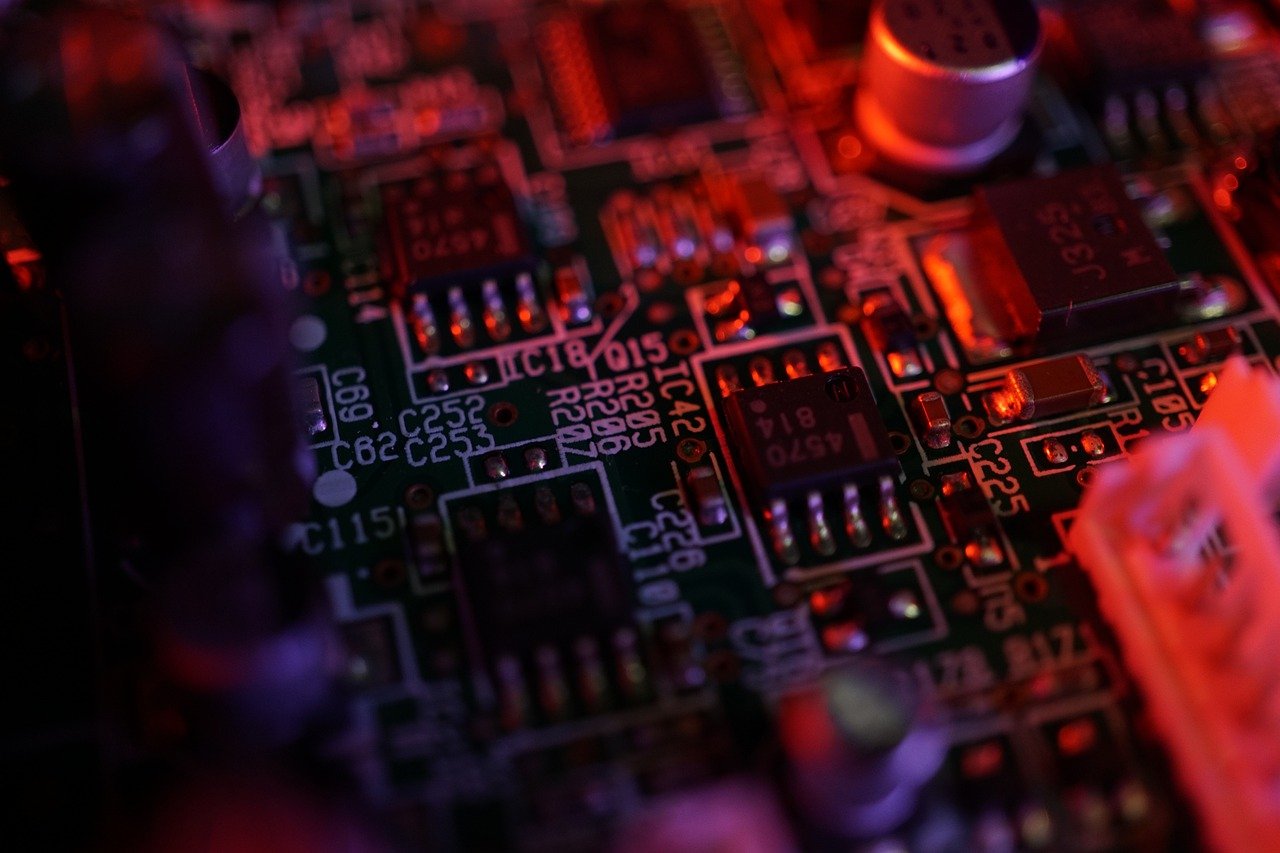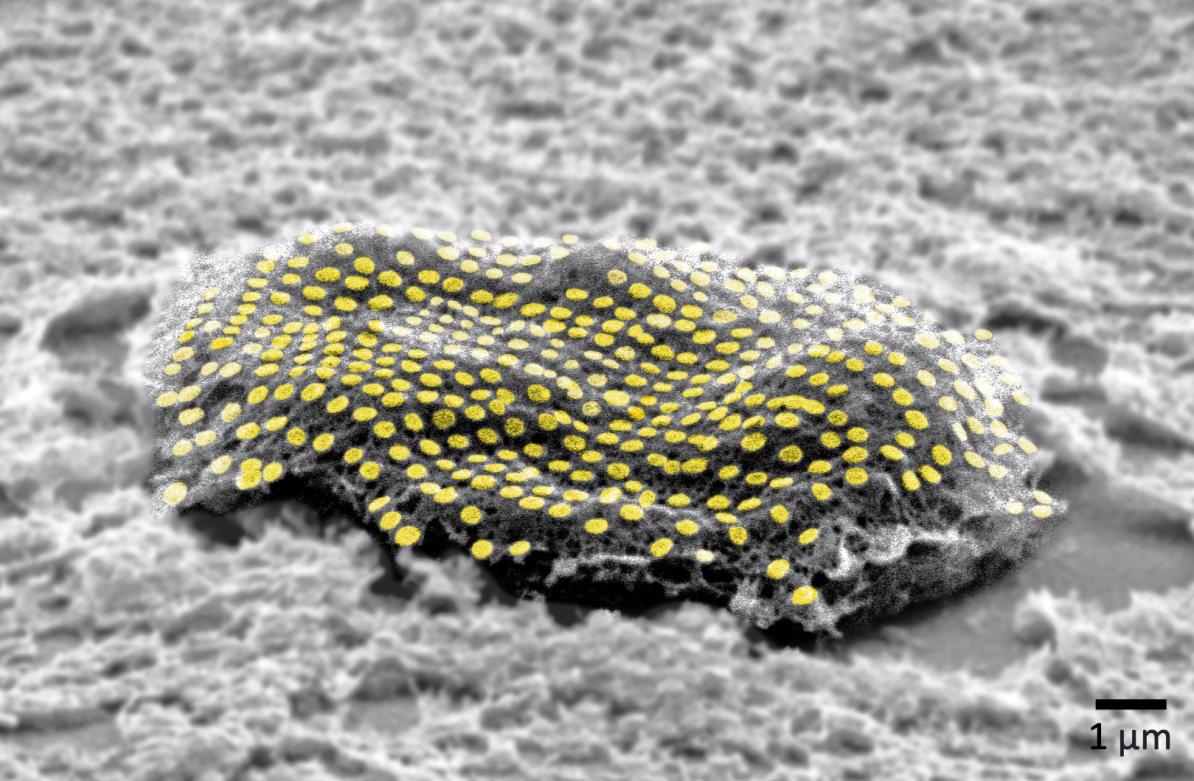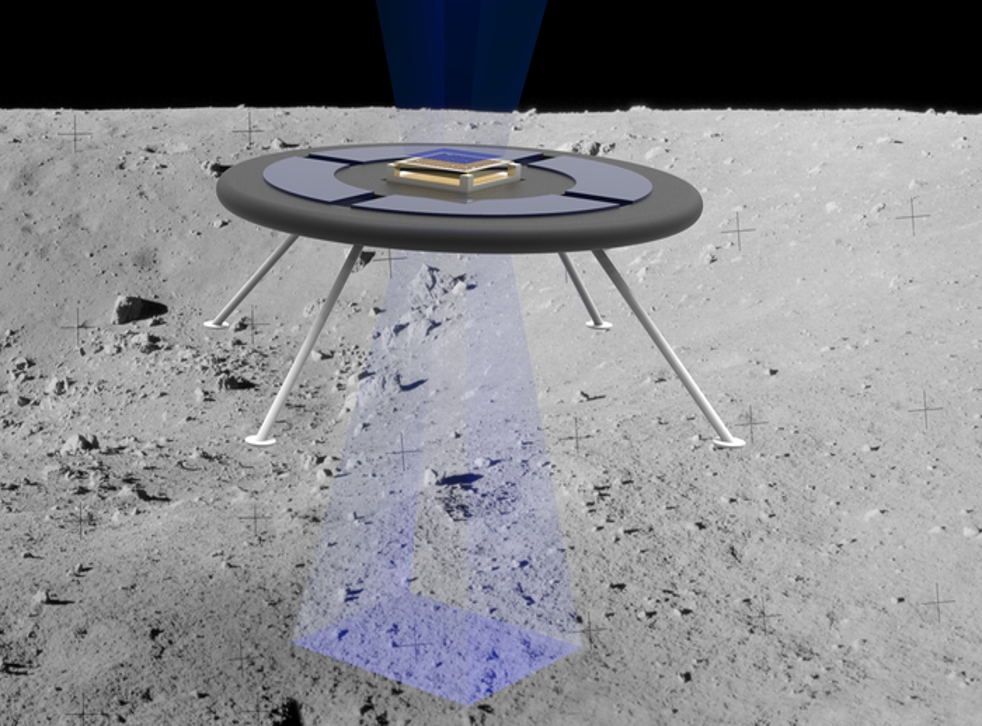Sensors are set to become so ubiquitous that they will monitor and control nearly every aspect of your internal (i.e. biological) and external (i.e. environmental) life. Sensors can be especially useful in detecting hazardous materials in any environment whether dark, hot, or inaccessible. Police recently used sensors to detect a dangerous toxic environment in a hoarder home in Pennsylvania. Much publicized is the use of sensors in large industrial environments such as the Fukushima nuclear power plant.
New materials and new design technology are allowing sensors to become ever more intricate and sophisticated. For example, a new type of sensor includes a microlens array with 200,000 hexagonal lenses to provide slightly different views of an object yielding detailed information about brightness and light color to allow for subtle temperature adjustments from an ambient light source.
Raytek, a sensor manufacturer, makes the MI3 Compact Series of infrared sensors that can be used in hazardous environments. Raytek’s MI3 is a rugged IP65 stainless steel miniature Pyro meter that contains integrated electronics. The MI3 provides safe package communication boxes and an Ex Power Supply, and is ATEX and IECEx certified for gas zones (1 & 2) and dust zones (21 & 22).
In order for sensors to work in thermal environments, they must be designed to be self-heating and have specific thermal response times. For example, companies with large data centers must monitor conditions in racks or networks that must continually operate at safe temperature and humidity.
Today’s sensors may include advanced technologies such as carbon nanotubes, but must remain flexible, light, disposable, and cheap. Due to these characteristics, the rate of improvement in sensor technology in the range of applications is rapidly expanding with no end in sight.
Following is a video showing RTD sensors or Resistance Temperature Detector (RTD) technology:







